The education system is dead. Let’s face it. Our academic model is based on memorisation, suppressing originality instead of training problem-solving minds. Design students are forced to ‘build a portfolio’ instead of understanding a job that’s changing everyday. The real world doesn’t work this way. Business doesn’t work this way. Tragic? Not really. There’s a lot of opportunity, and we are rolling up our sleeves to create something new. Together with LA-based educator Michael Hernandez, we discuss the future of education, what we can learn from the American model, and how we can create programmes that teach creativity, empathy and innovation.
School used to be about books, about memorising information. Now that this information is available to everybody, everywhere, and at any time, shouldn’t education be about making sense of it? In other words, shouldn’t it be about creativity instead of just providing access?
Creativity should be defined in a broad sense. It’s not just art, painting and drawing, but a mindset of originality, of problem solving, and collaboration. The idea that you have different versions of things. You make room for mistakes, improvements and revision. Think of the iPhone itself. It’s really far away from what it used to be.
The role of creativity is being able to manage and come up with multiple solutions, not just that one right answer. It’s a culture. Creativity is a mindset where you’re able to deal with change and failure, it’s the realization that there are many right answers. If you say, “What’s the right way to design a car?” There’s not one right way. “What’s the one right way to solve climate change?” There’s more than one.
People think creativity is easy and it’s about luck when it’s really not. It’s actually rigorous. Creativity takes time. It takes hard work.
In a conversation with Russell Brand, Yuval Harari admits that to stay relevant “every human being will need to reinvent themselves every 10 years”. What are your thoughts on this? Is creativity the key to resilience?
Creativity is — or it should be— interdisciplinary. Rather than saying this is only for math, and this is only for English, and this is only for science, we should be looking for connections between disciplines, connections between phenomena, connections between skill sets. The design thinking process is for science, art, language, research, health, business. This is where it all blurs together. This is where we can adapt to change.
How is education evolving?
The old model doesn’t really work and there are a lot of educators out there trying to change the model of education. It’s not compatible with how the world works. Still, there is a lot of resistance to change. There are some schools and some places that are trying something new and different, and there are other places that aren’t.
The shift is trending towards innovation, creativity, design thinking, and empathy. I see this happening with the thought leaders I know. In the real world, in the business world, it’s not about memorizing things, it’s about assembling a team and tackling a project in creative ways. It’s about problem solving and coming up with new ideas.
What’s the problem with the old model?
Traditionally, schools have taught us that there’s only one right answer, and we’re always seeking that one answer. And that’s a problem because again, it doesn’t connect to the real world. You cannot wait for someone to give you the answer. This creates a mindset that is not dynamic, not able to handle change. The political result of that can be seen around the world. Whether it’s economic change or demographic change with migrations and things like that, and the world is changing very rapidly. People have difficulty managing that.
What’s the end goal for the current education system? Is it just to memorise information quickly and regurgitate? Or is it to do something else? Knowledge and information are two different things. You’re going to lose the race if you want to recite facts quickly because my phone can do it faster than my brain can. You’re always going to lose. And that’s the system we have set up right now, to get into college you have to memorise.
Sir Ken Robinson says that this is not the time for evolution, it’s the time for Revolution. How can we start this? Or, talking in a more practical way, where do we start from?
Everybody has to get over their fear. If students have to get over the fear of being wrong, teachers have to be untrained, to embrace this new mindset, and to get over their fear of not being the most knowledgeable person in the room.
I think the big fear that teachers have is we like to be in control. We’re control freaks. And it’s hard to let go and let things not be completely in order. Because it’s not the military. That’s how the Western system of schools started. It was to train a military system, not to train designers or problem solvers. So I would say the biggest obstacle is fear, and people have to get over it. It’s like Yoda said. “You must unlearn what you have learned.” We need to make spaces safe for our teachers to experiment, and we need to make our classrooms safe for students to experiment. To learn to speak the language of encouragement and to see what happens when you can have multiple answers, gradations of quality or of success, within certain projects and assignments.
Let’s say we convince teachers to work this way. How can you convince a whole school? How can you convince a company that is providing education for its workers? How can we find the right argument to convince people that it is worth it?
I’m not sure about Europe, but in the United States there’s always a big comparison between education and business. We want to run a school like a business. We run government like a business. To answer to your question: just go ahead, compare companies that have been successful and those that haven’t.
Take Kodak. They were one of the pioneers of engineering and science in the early part of the 20th century, and now they don’t exist anymore. And why is that? Because they never got on board with digital cameras and digital formats. They were trying to go against the tide, and they lost. To survive, companies have to adapt. You need to look to innovators and look at their model. My guess is, like you’re finding in your research, is that it’s a design thinking process that’s allowing companies to become successful and finding solutions to problems. You need to convince institutions and school that this is where you want them to go.
I think most experiences I have learned from in my life weren’t serious, they were engaging and fun. “All work and no play makes Jack a dull boy.” How important are Fun and Humour in education?
You have to have charisma. You have to have passion. You have to make learning fun. And when I say fun, I don’t mean easy, I mean that you can see that you’re enjoying the learning. That there’s a purpose behind it, and you understand why so you can get behind it.
Why would we want to do anything that was painful? I don’t know about you, but I don’t remember any of my multiple choice tests that I ever took in high school. Can you recall fondly a test that you took? I bet there was probably a field trip or a project you worked on that you remember really well. You probably worked really hard on it, you cared about it, and you saw real-world connections. Learning is a process of achieving knowledge through experience.
TED, In a nutshell, School of Life… What makes these educational YouTube channels so successful is the entertainment factor, something lacking from the classroom. Is this something teachers should learn from?
A couple of years ago one of my students told me that he learned more from YouTube than from his teachers or his parents. A lot of teachers might have interpreted that comment as threatening. “I’m going to lose my job because I’m going to be outsourced by videos”, right? And if that’s how you teach, then maybe you should. But instead of being threatened, I thought “let’s figure out how you’re going to make a video. And let’s figure out how we make sure that video is accurate.”
Instead of thinking that we have to be the smartest person in the room, and we have to hold on desperately to all of that information, we should acknowledge that there’s a lot of other information out there that we don’t know. We should let our students see that it’s ok not to have all the answers.
How long until video-culture overcomes all other forms of content?
Video is a very powerful medium because it incorporates a lot of emotion. As educators, we need to embrace this. No matter what the format is, right now it’s video but who knows what it’s going to be in 10 years time, it’s going to change. We should expect that.
Techniques disappear while a mental structure and cognitive skill set stay.
It isn’t just about training kids to use video cameras, and editing software, and social media: it’s what do you do with that information once you have it. There’s a really important role for educators. How do we know what we know? And what can we do with this information? We need to help our students make connections with what’s happening in the real world, to do something with the content rather than just memorise it.
As part of masters programme and as an artistic project, we’re dealing with fiction as a tool to create awareness. I wanted to know what your thoughts are on fictional narratives as a tool for learning.
The architect Frank Gehry, who designed the Bilbao Museum, was a professor at USC. One of the assignments that he gave his students was to design a house for zombies. Nobody knows what a zombie is. You have to get outside of your comfort zone to understand what their particular needs are, and not to place value judgement on them. That’s the real-world connection to businesses. If you’re designing a building or a form of transportation, you have to think about what the needs are of that particular demographic. In Frank Gehry’s case, they can’t have daylight during the daytime because that burns their skin, and they have to figure out places they can store brains to eat. They’re limping around, so we can’t have stairs, we have to have other ways to move throughout the house. It was a great simulation.
What’s nice about games, fantasy, or simulations, is that you’re free to do whatever you want because there are no preconceived ideas about what should be or what you know or perceive. And when you’re done with that simulation, you can step back. What if you compare it to the real world? What if you were a country? What if you were this type of person that actually exists? What would your preconceived ideas have been?
It works great as a comparison because you make the connection between how you would ideally solve a problem, while highlighting what your personal biases are. Whether it’s the story that we tell ourselves about our personal life or how our personal baggage has skewed our view of other people.
Empathy is important in many fields, but in design it’s essential. How do we teach empathy?
How do you really understand somebody? Do you prejudge them based on your own experience? Or do you actually go into that space where these folks live and understand their condition? It’s about experience in the real world. It’s about trying to understand other people. And it’s about acknowledging our preconceived ideas of what education should be and what people need to know.
It’s about going out of your comfort zone. Designing and researching in somebody else’s shoes for a while.
We have that opportunity as educators to put students outside of their comfort zone and into the real world, and help them navigate through all the challenges that they’re facing when they’re dealing with these research projects, and when they’re encountering other people. When I try to do these projects and send my students out into the real world, they’re afraid of going to a neighbourhood that’s not upper class because they come from a pretty wealthy district. I specifically give my students a challenge to go to a part of Los Angeles that is not clean, and comfortable, and the people don’t look like you, maybe they don’t even speak the same language as you. I’m not intentionally making their lives hard, I’m pushing their limits and putting them outside of their comfort zone. In real life you will be outside of your comfort zone often, it’s about how you manage that.
Last year you were one of the speakers at the SXSW, a festival that mixes cinema, education, and music, among other things. Education seems to be becoming more transversal. Where do you see the education industry going and how do we keep up?
I think professional development for teachers is more important now than it has ever been. Conventions are important because education changes rapidly, technology changes rapidly. And it’s important for educators to continue their education. We need to practice what we preach. We want our students to be lifelong learners so we need to be lifelong learners. I’ve learned a lot through social media channels. Some thought leaders are sharing really good articles and other resources.
What’s the future of online education?
If you know where to look for it, you can find it. The trend has actually been growing a little bit away from social media. People aren’t quite as active as they used to be. They’re looking for curated sources and information from people they can trust around a certain topic.
In the United States, they have this flipped learning model they’ve been talking about for a few years now where the content is online, and you come to class with that information to do something with it. You have discussions and you work on projects, so that class isn’t just a place to dispense information, it’s a place where you work and collaborate with others to use that knowledge for meaningful purposes.



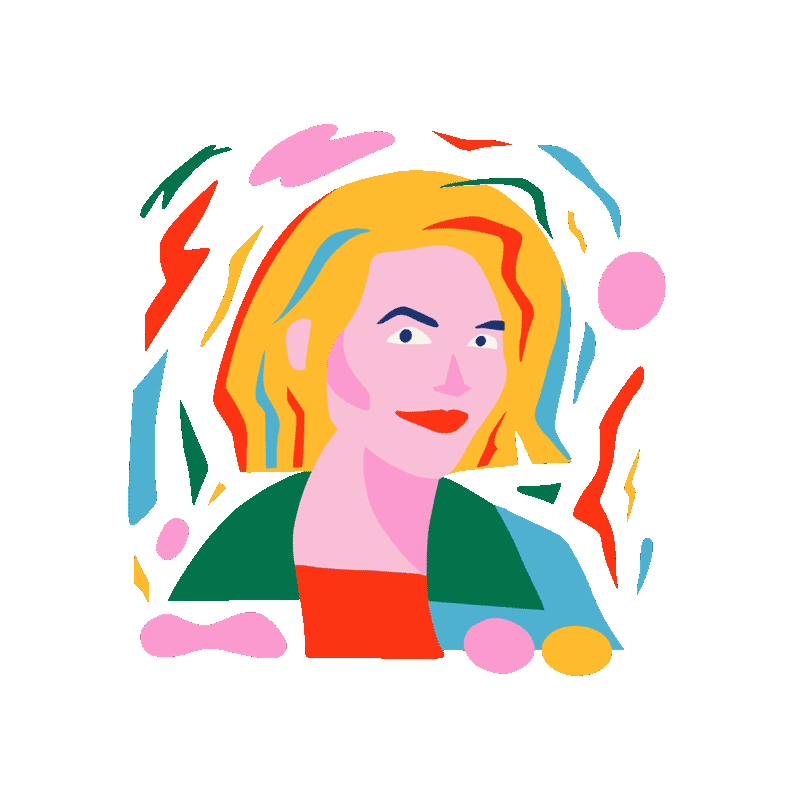
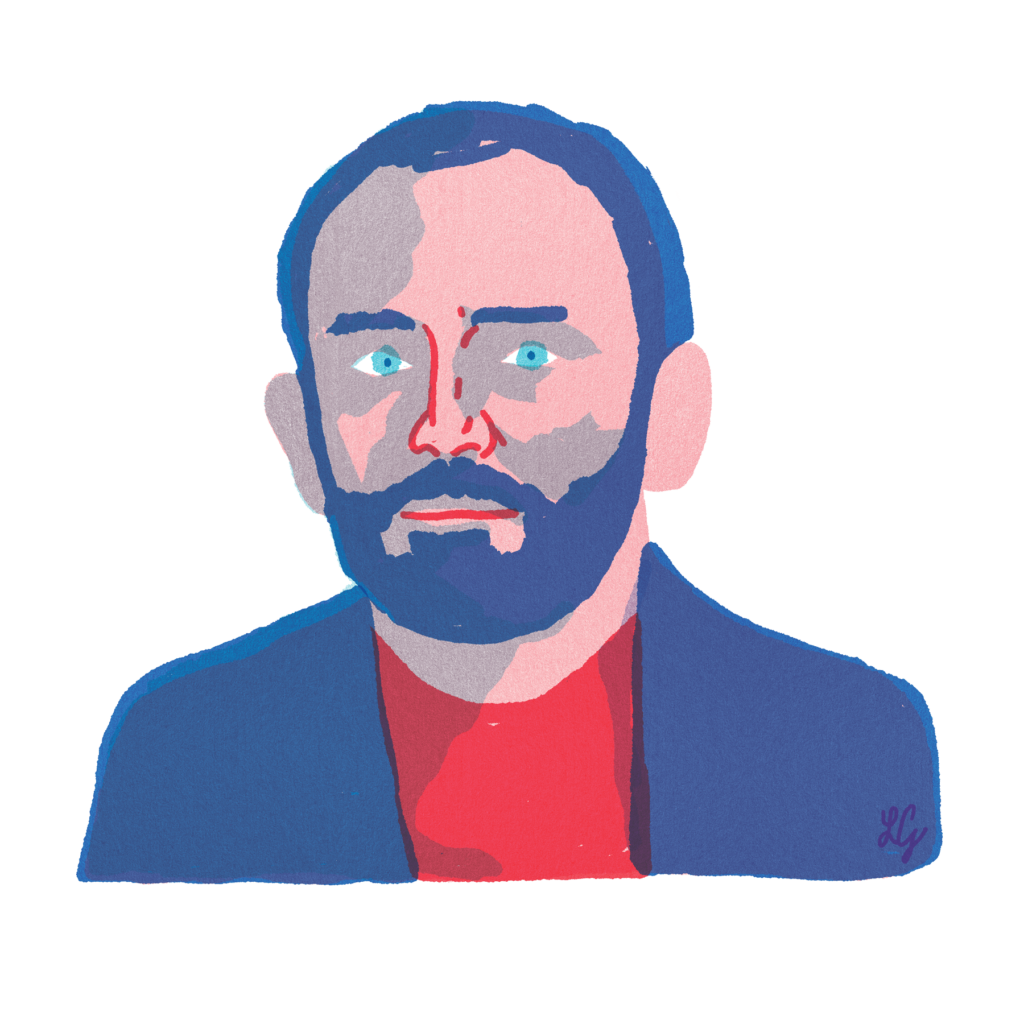

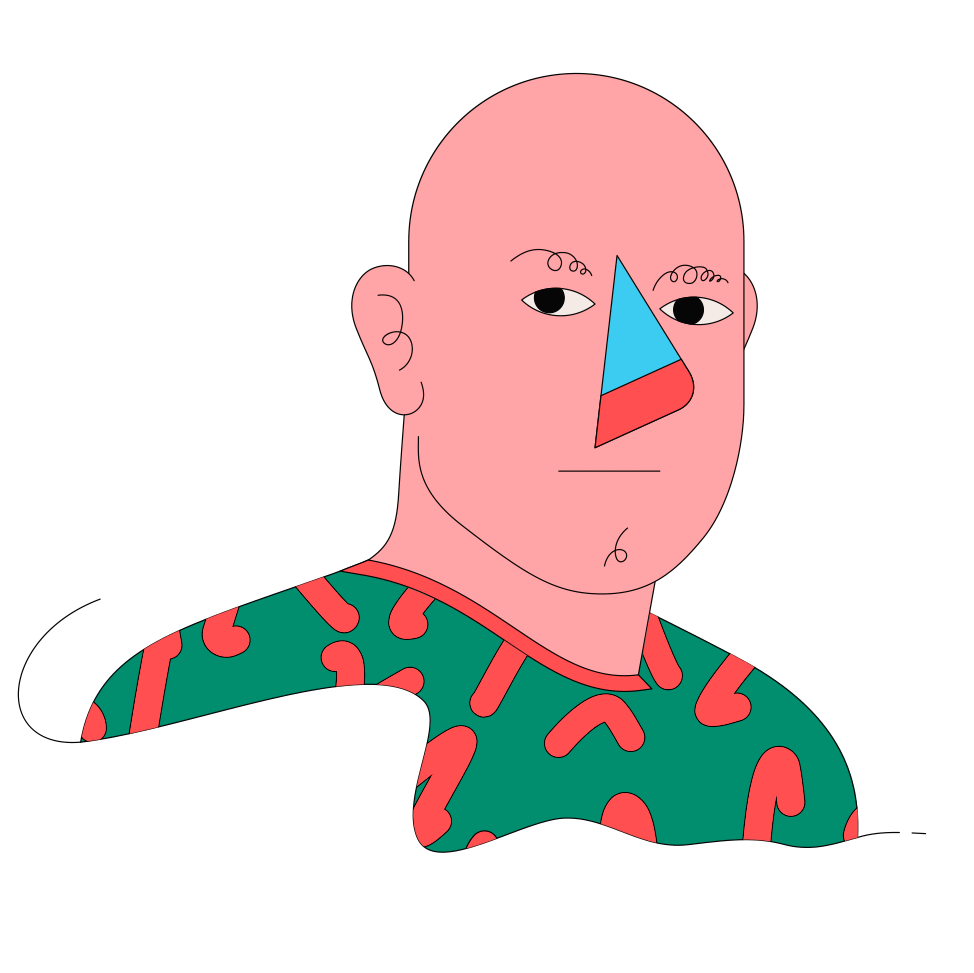
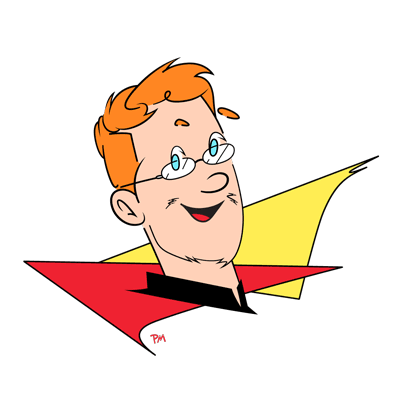
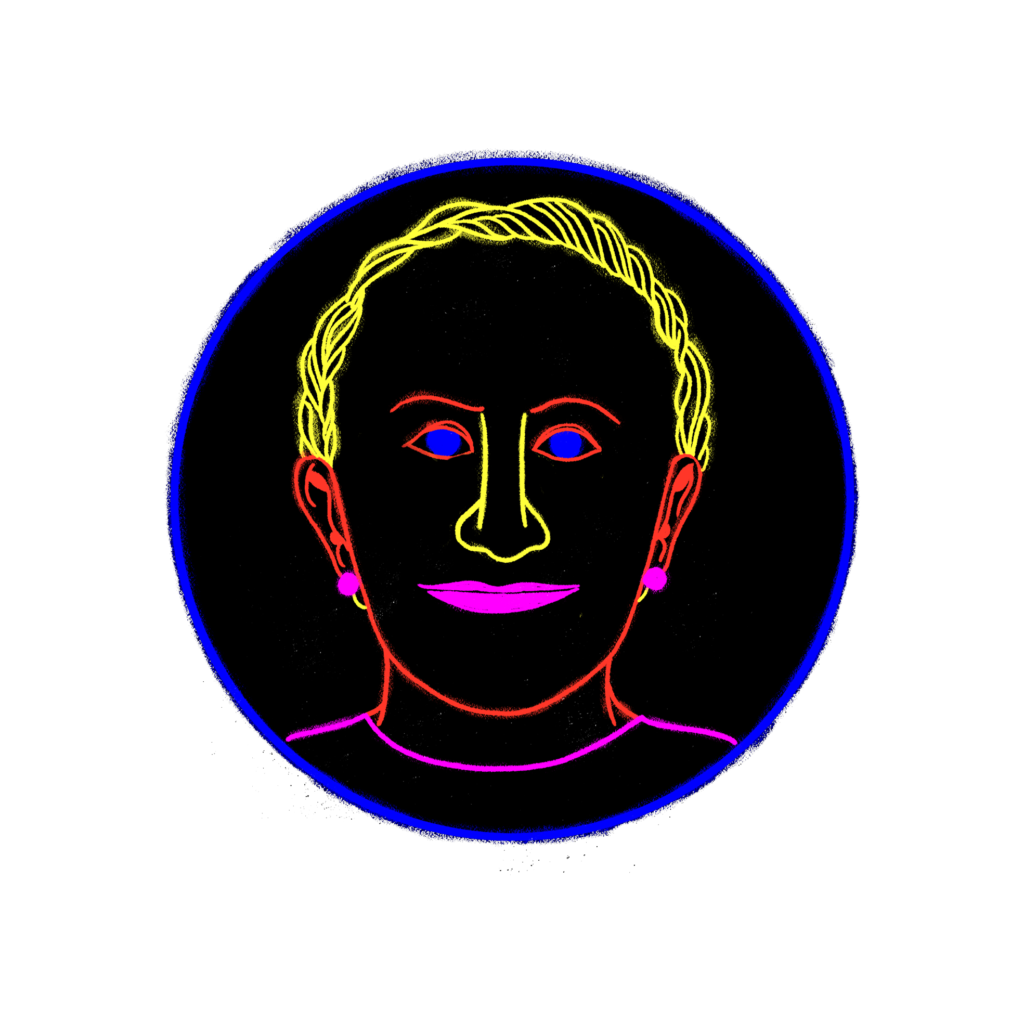
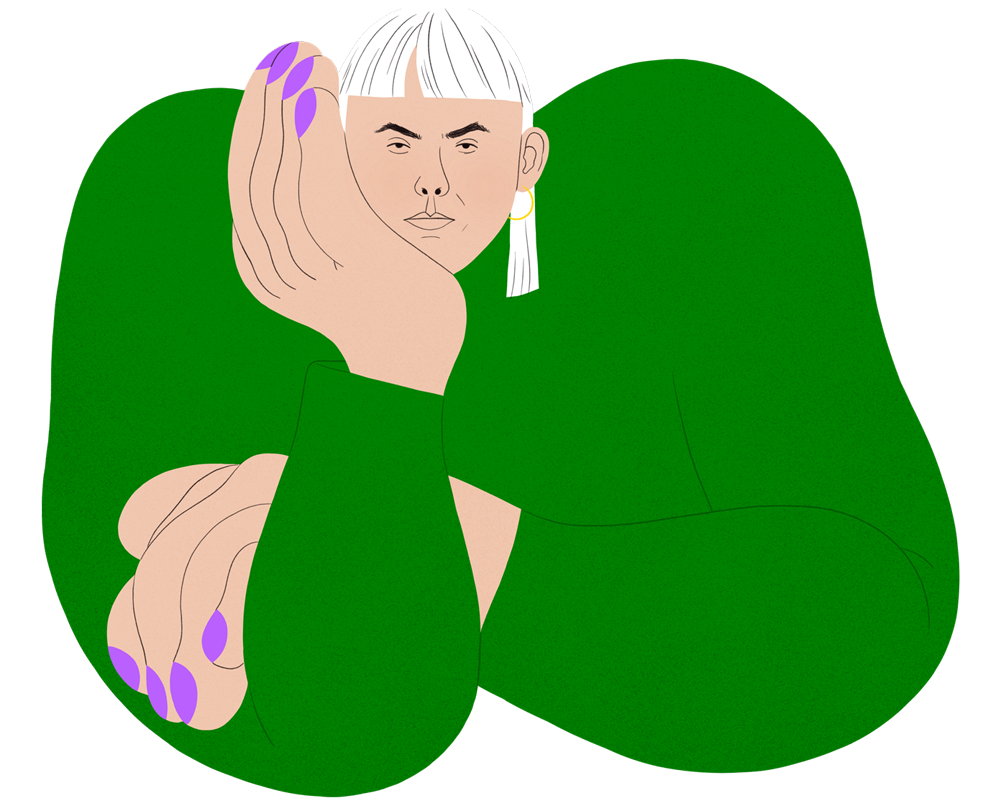
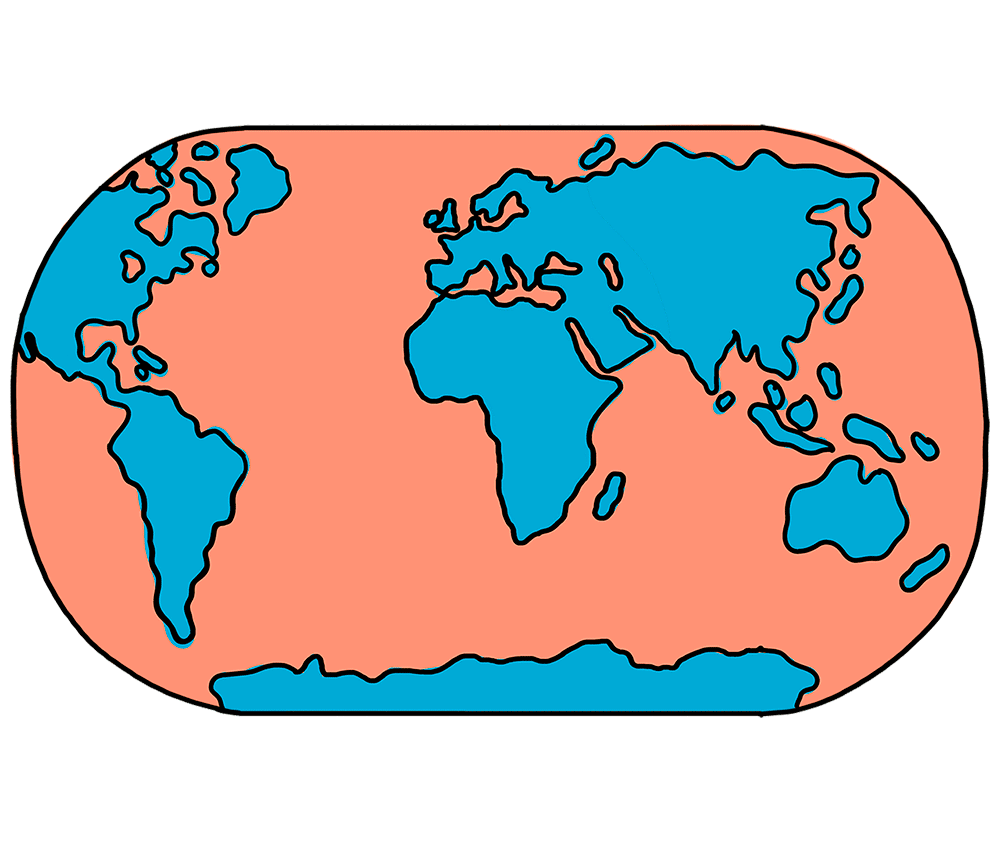
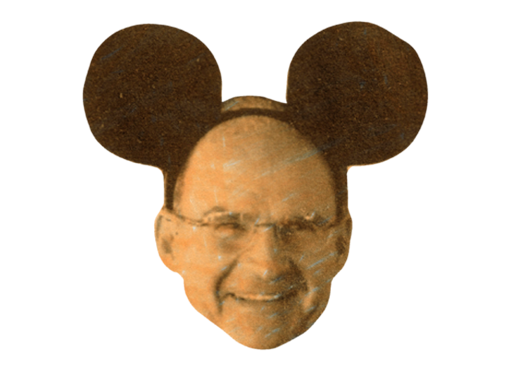
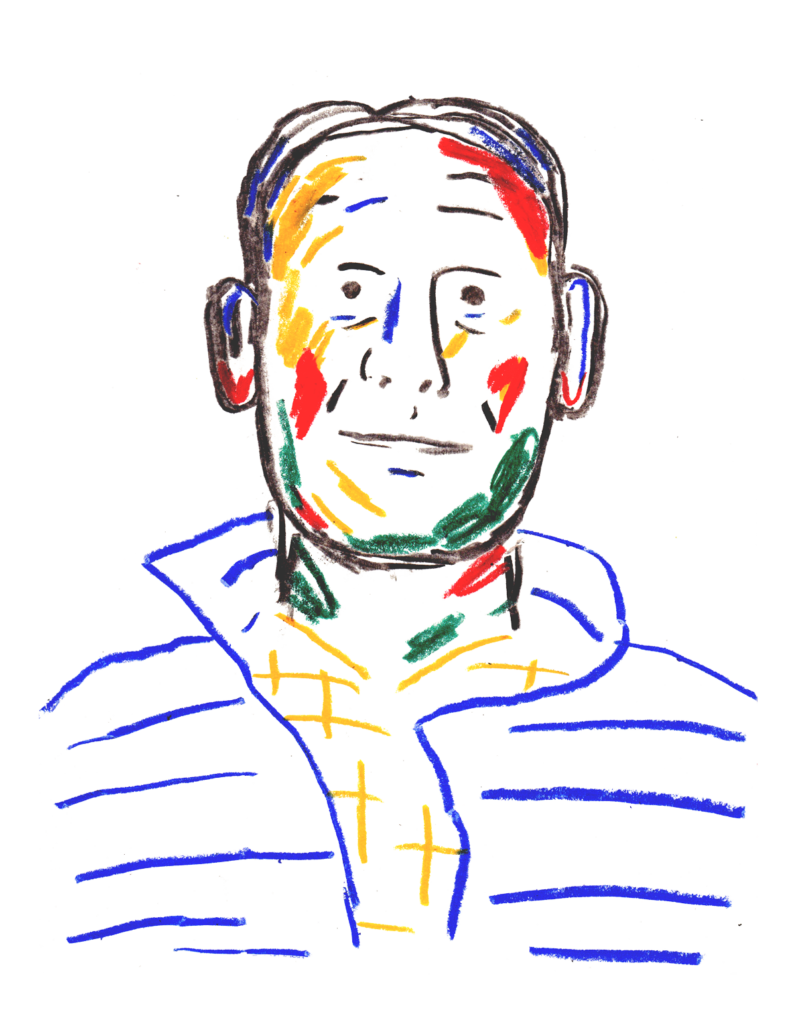
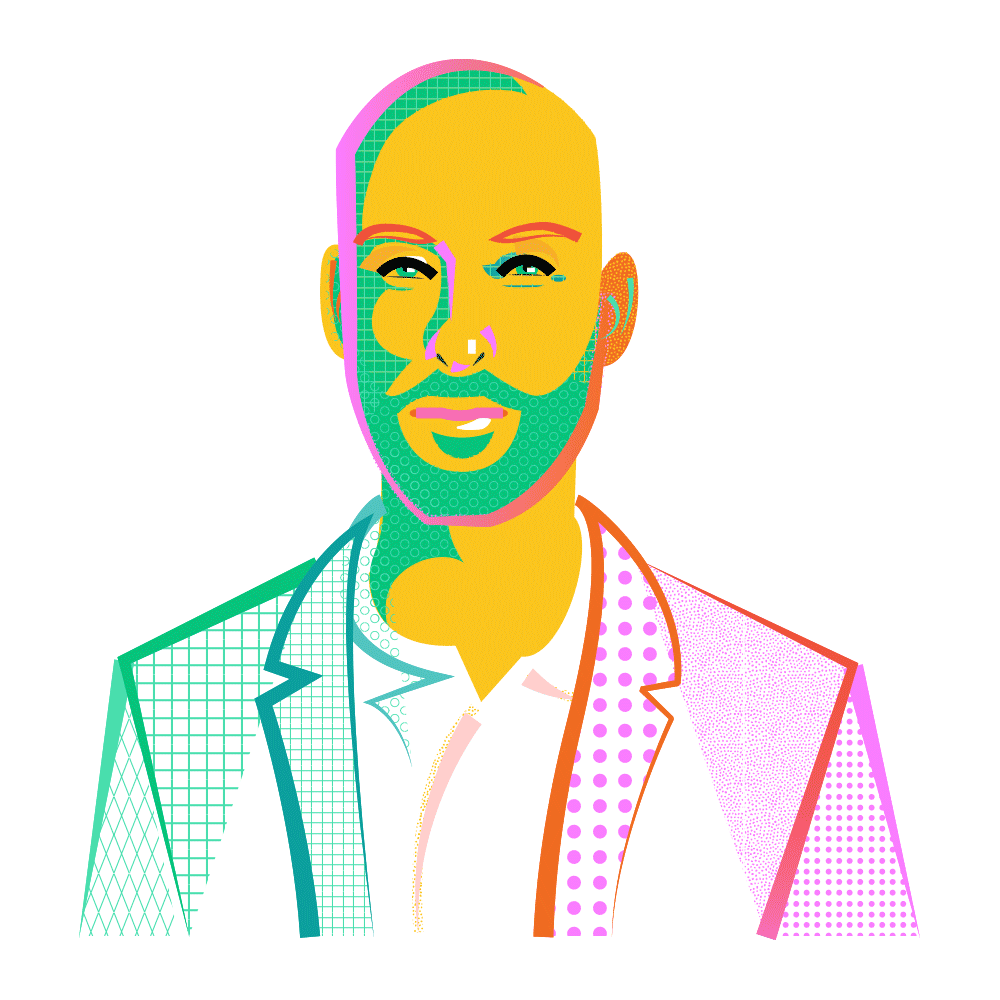
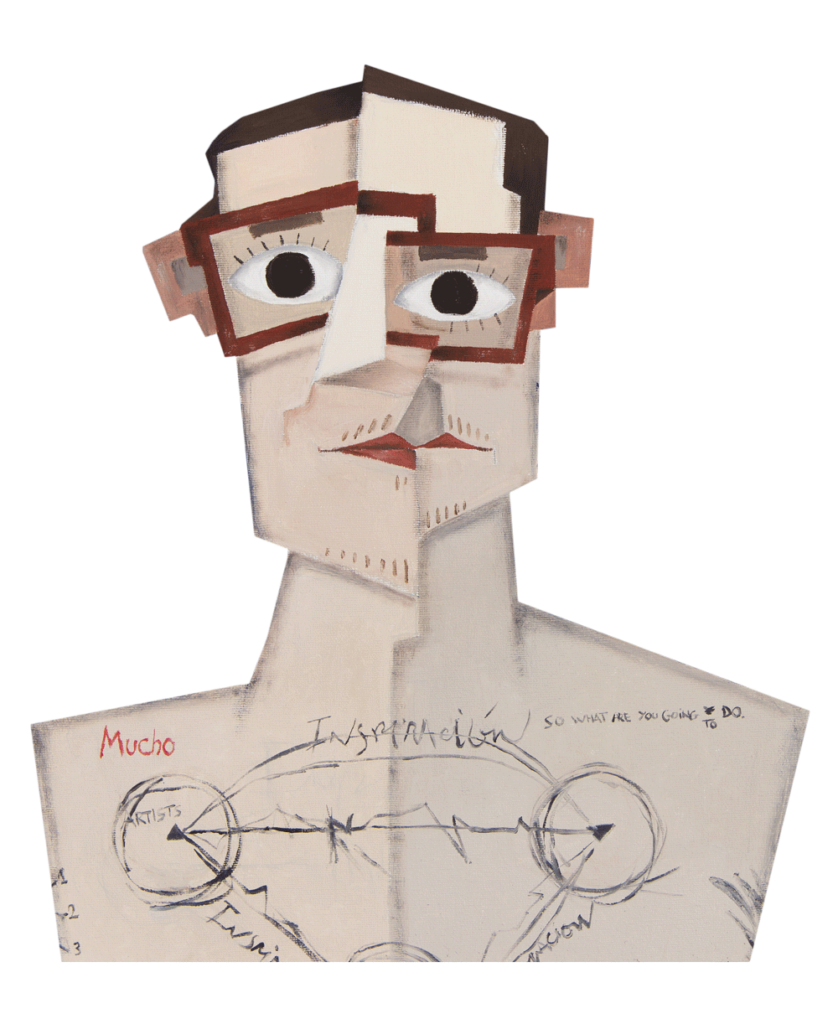
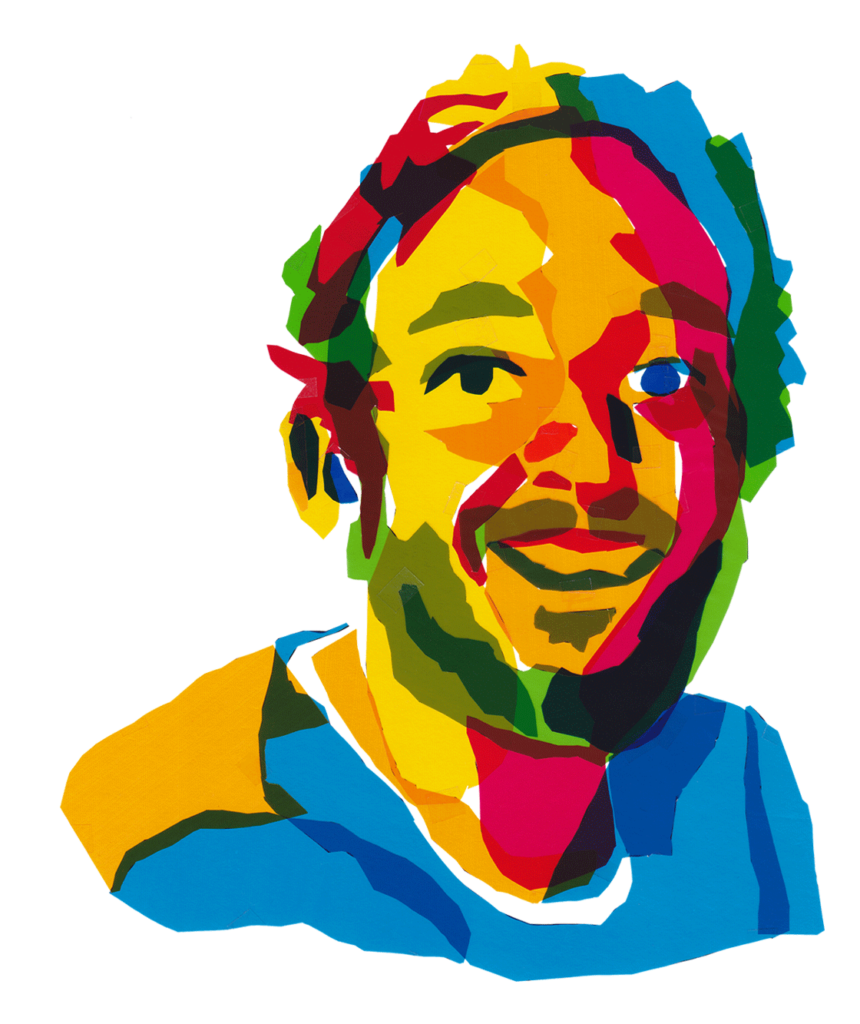
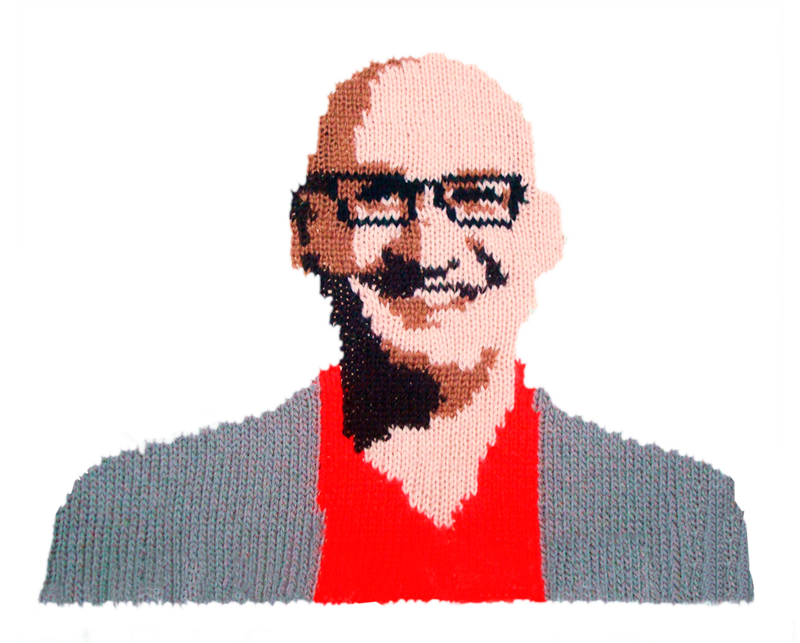
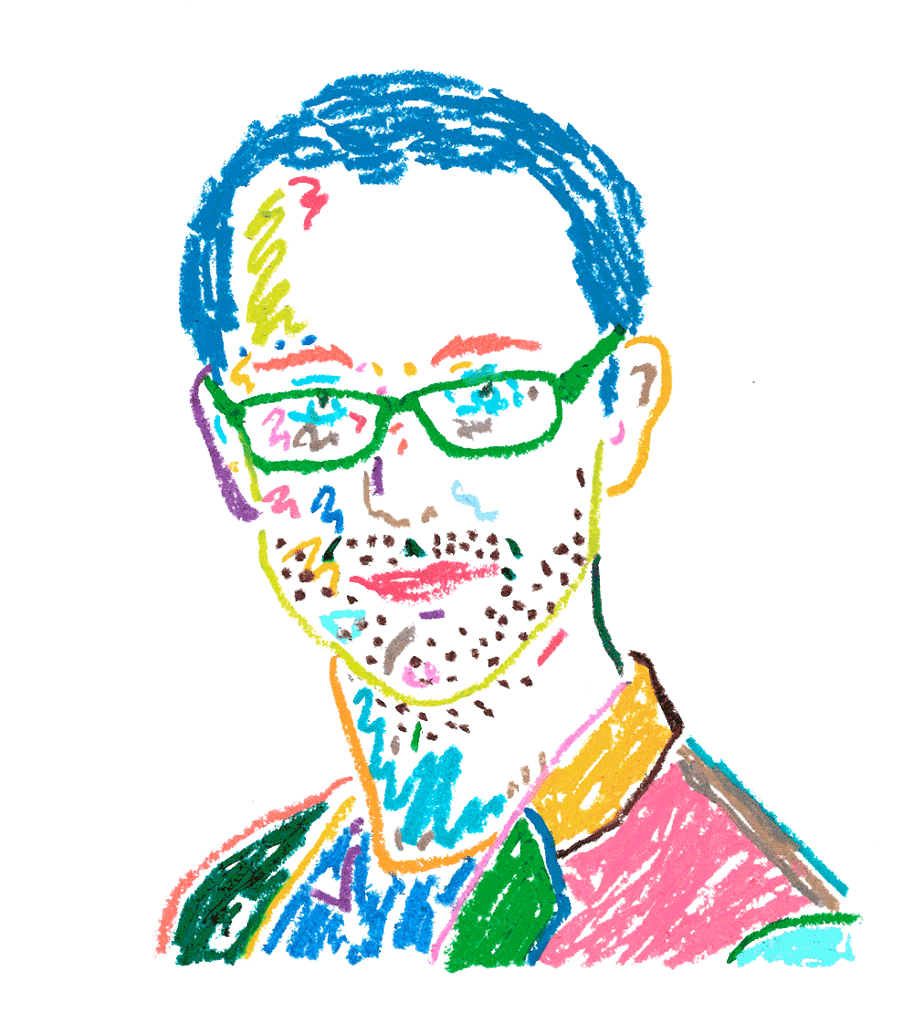
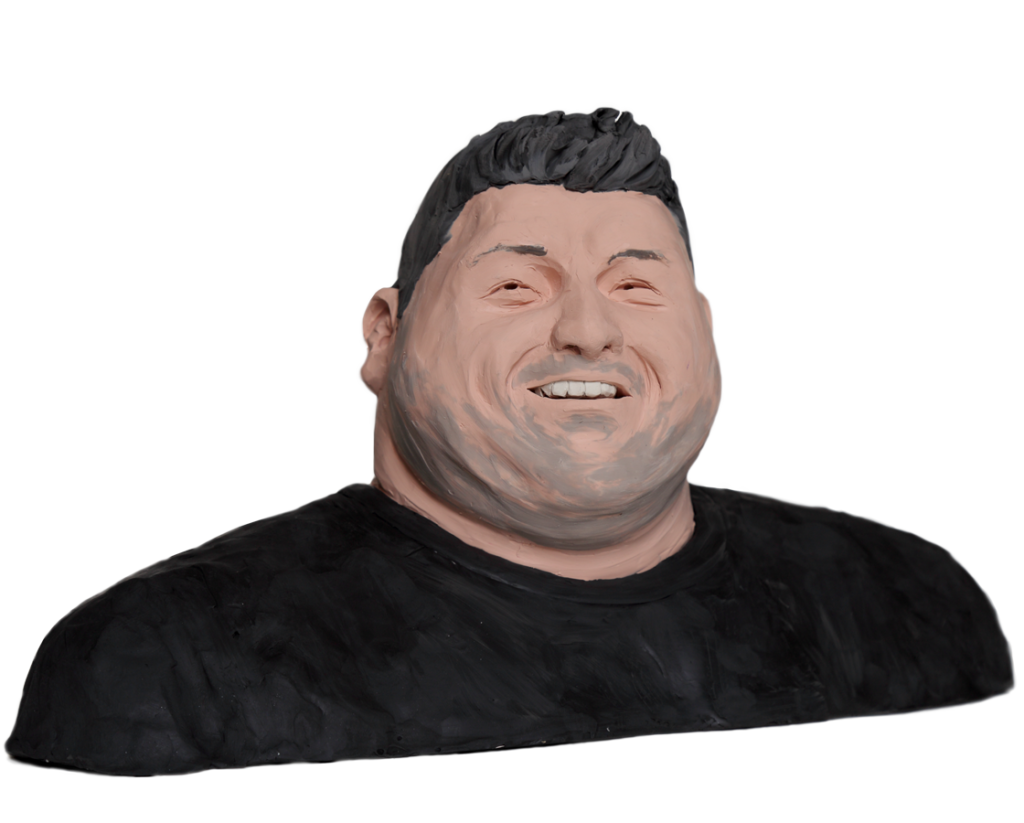


Besides digitisation, there is another big shift happening before our eyes. After 2016, everything changed. The Alt-Right is selling an idea of a future based on the past. Everybody wants to make his country great “again”, come back to a certain moment in history where everything was easier. How do we deal with this?
Political changes, economic instability, mass migration. People cling to what they know, whether it’s an ethnic group or a strong leader. We need to teach a mindset for how to navigate these changes, how to deal with change when it happens and we don’t expect it to, or we don’t want it to but it does. It comes back to this idea of empathy, and how you teach empathy for other people and cultures. How can my understanding help others or make a positive impact on the world beyond me? We have a lack of collectiveness that comes from our education. There’s no collective result. We don’t think with a collective mind.
Both learning and social commitment require one thing: engagement. So the question is how can we create this engagement? How can we empower people to take care of themselves and their communities?
In the last few years in education circles we’ve been empowering students to talk about and deal with issues that they’re concerned about. I think there’s a fine line between sharing valid perspectives and just giving an opinion. We have to be very mindful of that balance. Where does your perspective add value for other people? And at what point does it change into not having value for other people but becoming a selfish concern?
I’ve been talking a lot about listening with my students. I think we are doing a lot more listening and less talking. We do that through these documentary projects. We’re going to Cambodia next month. Last year we went to Cuba. We want to hear people’s stories. Listening is important. Especially for those of us in the Western world, in wealthier nations or parts of our countries that have privilege.
Listening is important because we’re becoming more and more isolated economically and geographically. You don’t see people who have certain ethnic backgrounds, or religious groups, or economic levels because we’re all sort of self-contained in our neighbourhoods.
Empathy is key if we want to embrace social perspectives and think of society as a whole.
In the United States there’s often a concentration in major cities of people with certain income levels, and ethnic backgrounds, and in other parts of the country it’s very different, and there’s no understanding between people. And that’s a big social concern that goes beyond schools. It’s up to us to try to break through that log jam and help our students see that there are multiple perspectives and multiple ways of viewing things, which is very different to ‘everybody gets their own opinion and is entitled to their own opinion.’ You’re not entitled to your opinion unless you can back it up with facts. That’s a big distinguishing point that we’d have to make, and not all teachers are doing that.